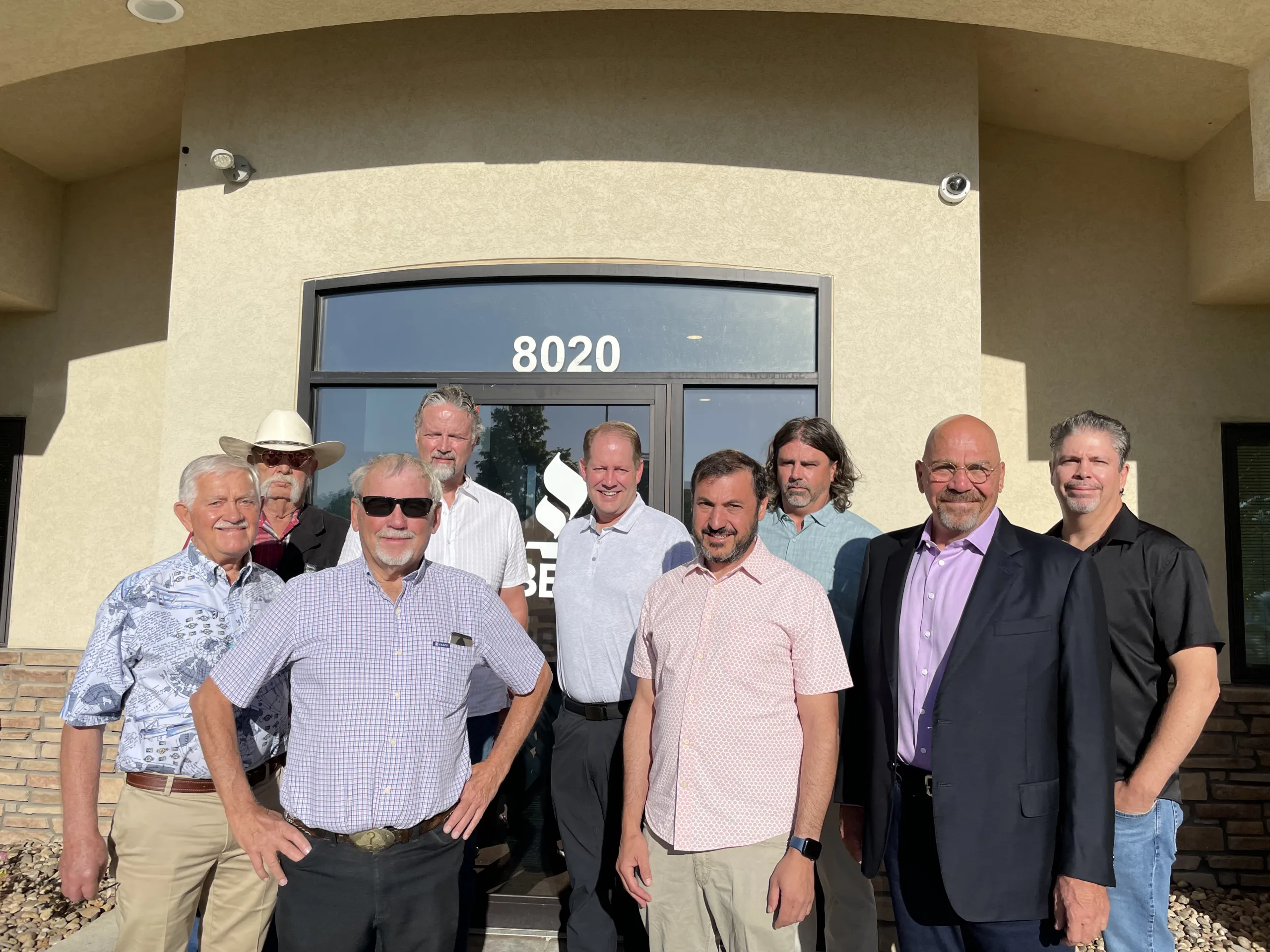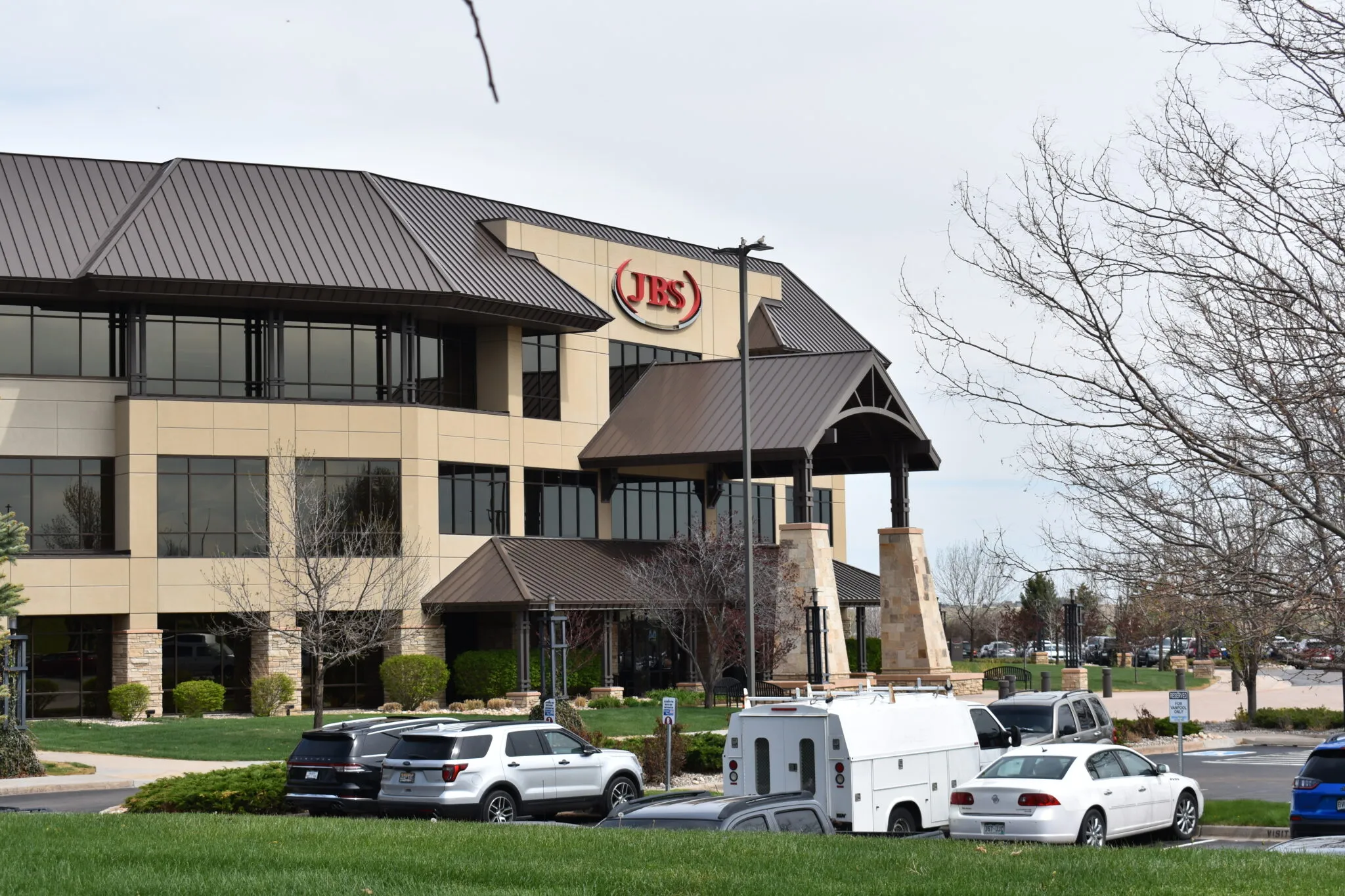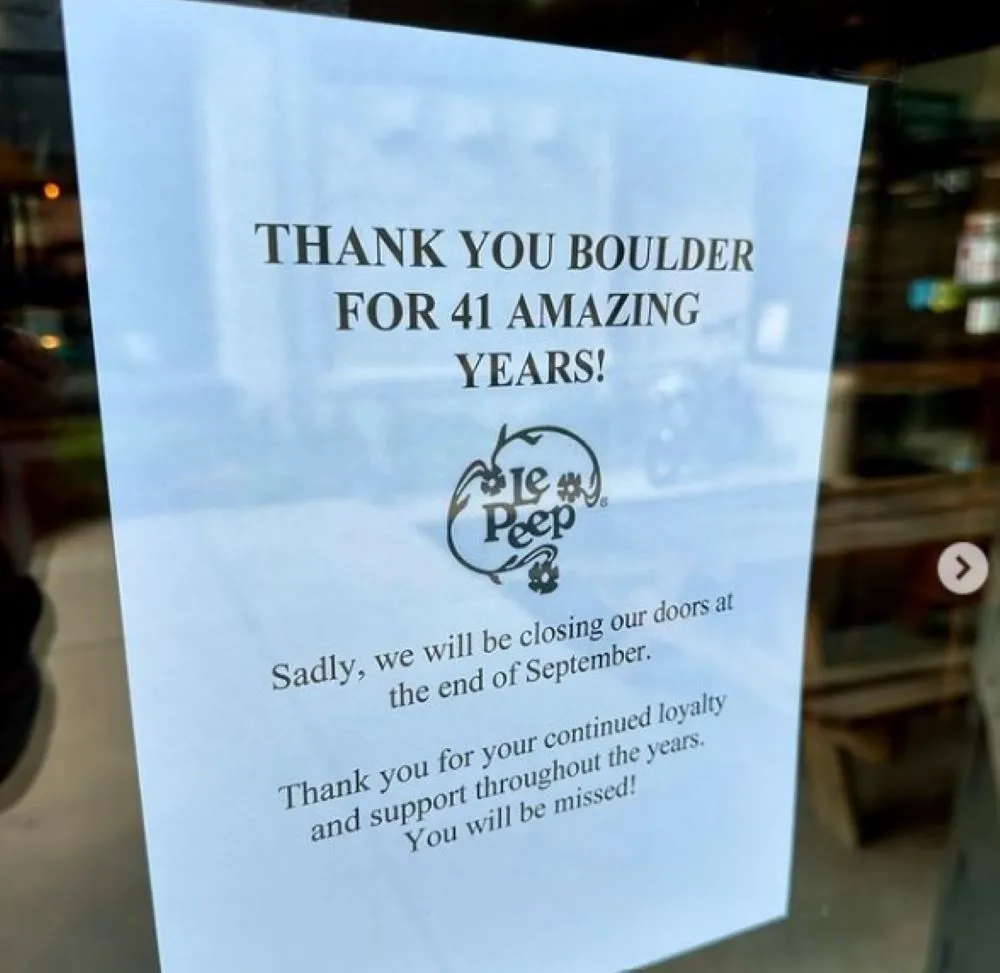Ag industry: Over regulated or not regulated enough?

Editor’s note: This report was edited to correct the year of the U.S. Farm Bill.
WINDSOR — Farmers face too much governmental regulation — or not enough — depending on the segment of the industry in which they operate.
Executives of agricultural companies met Tuesday morning at BizWest’s CEO Roundtable held at the Windsor headquarters of the Better Business Bureau Serving Northern Colorado and Wyoming. They were in agreement on most issues, but when it came to regulation, it depended on the circumstances.
Richard Seaworth, CEO of Seaworth Farms with operations in Colorado, Nebraska and Kansas, told the group that his company built…
THIS ARTICLE IS FOR SUBSCRIBERS ONLY
Continue reading for less than $3 per week!
Get a month of award-winning local business news, trends and insights
Access award-winning content today!





